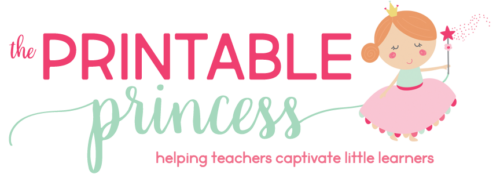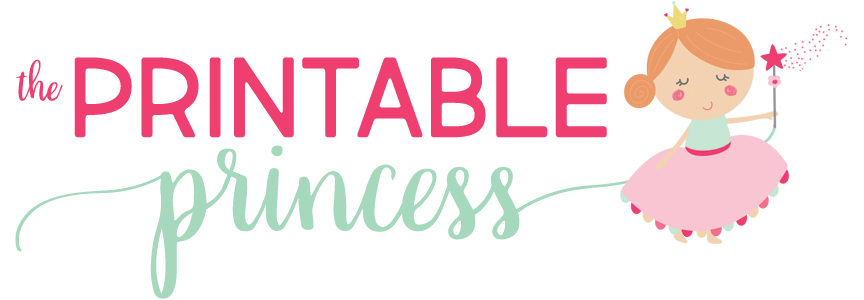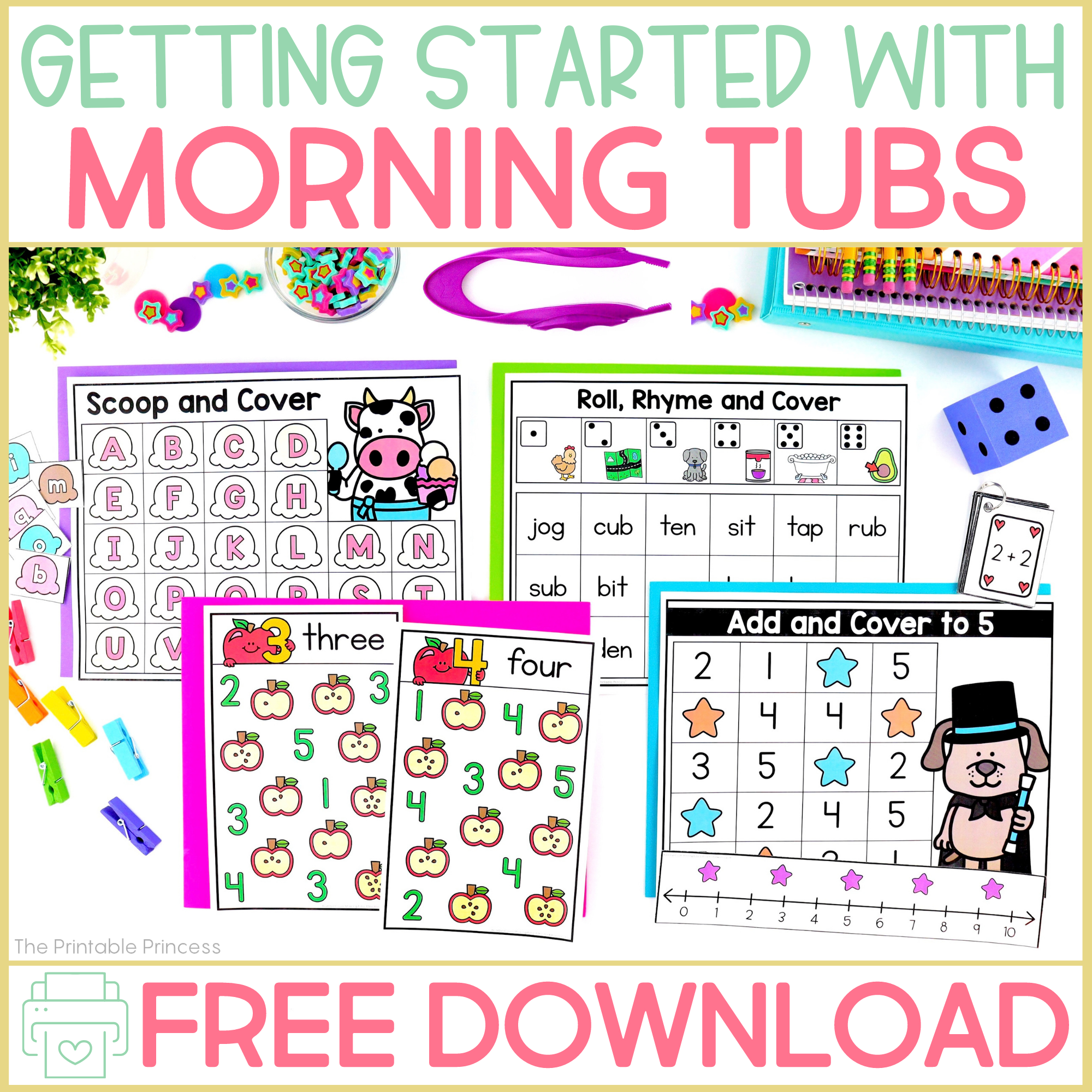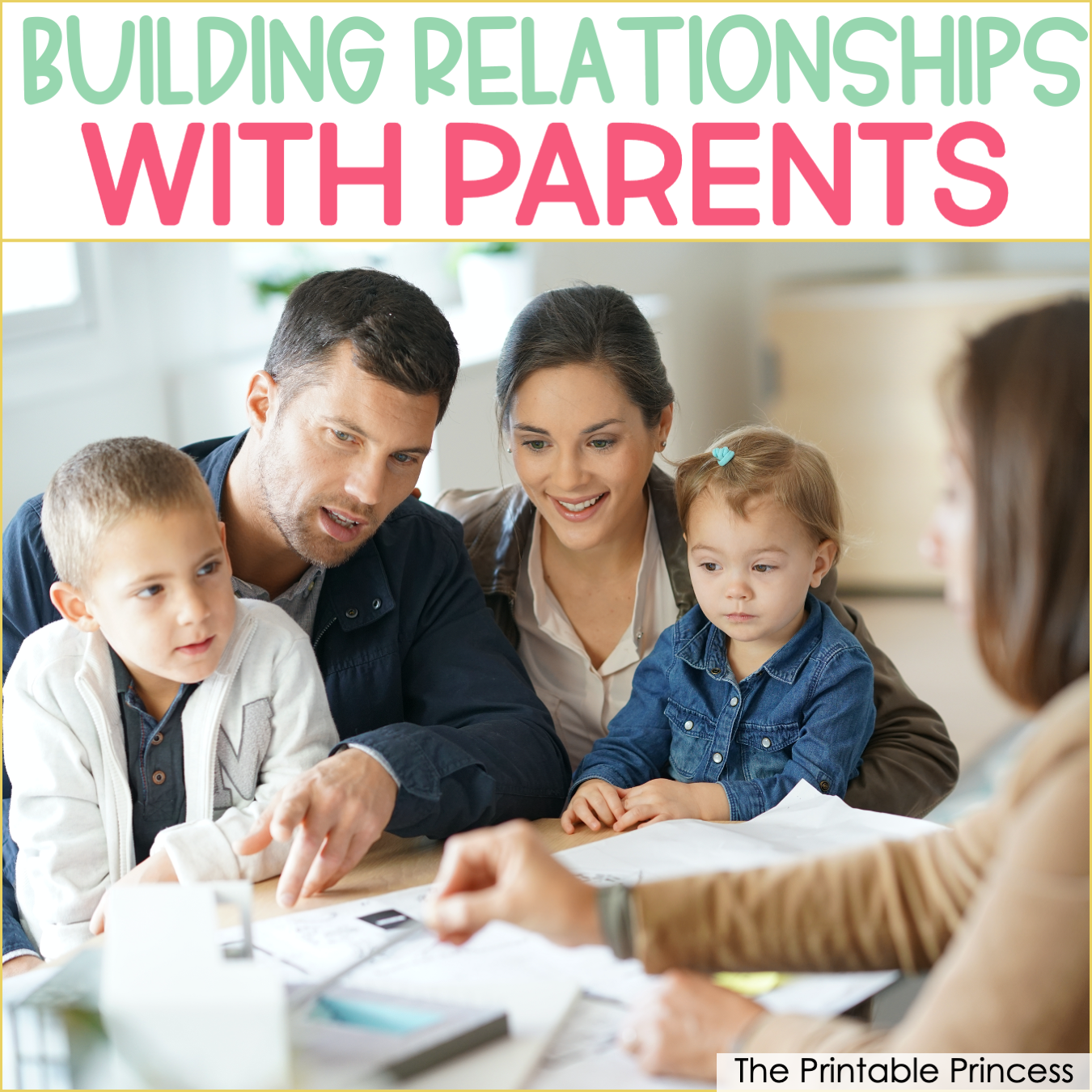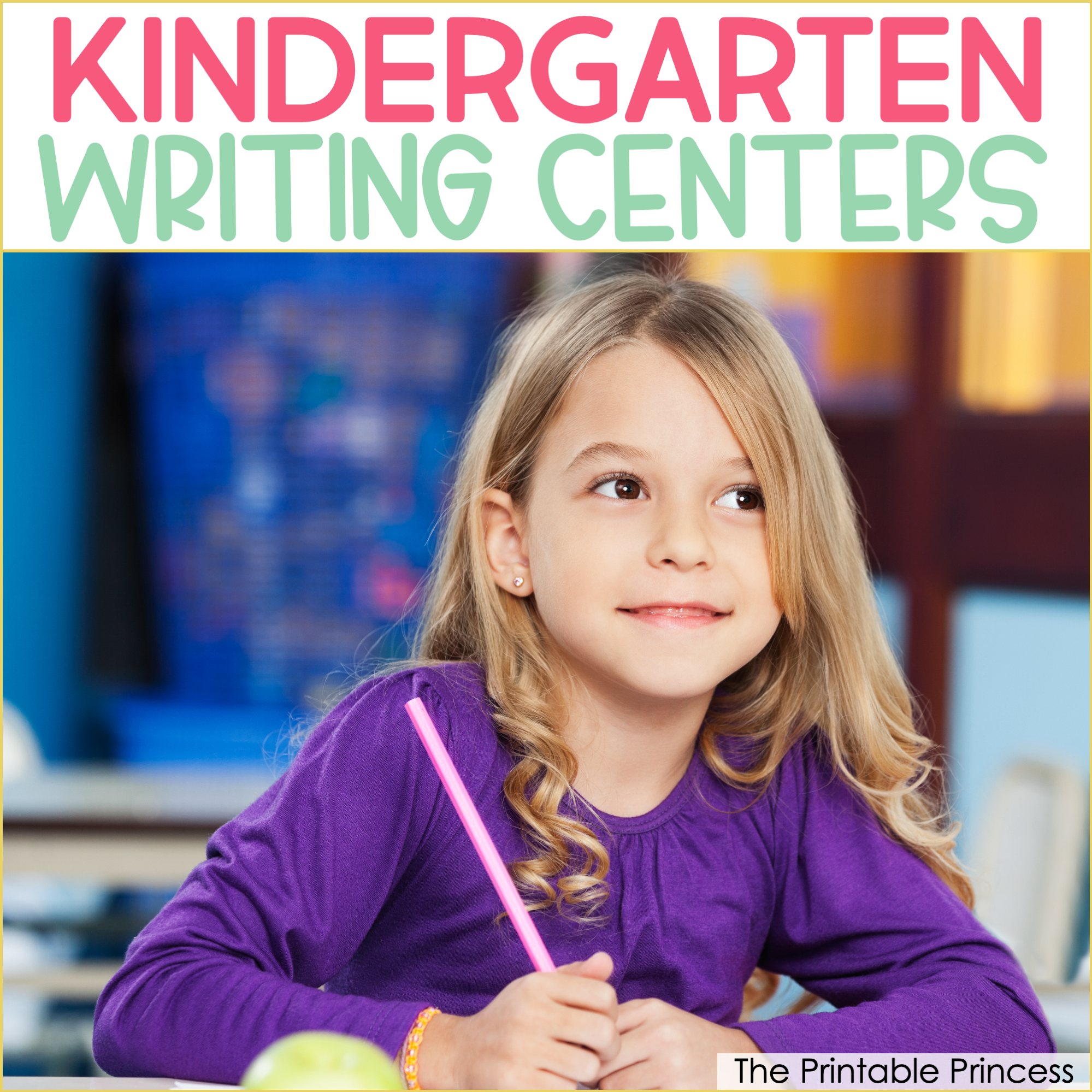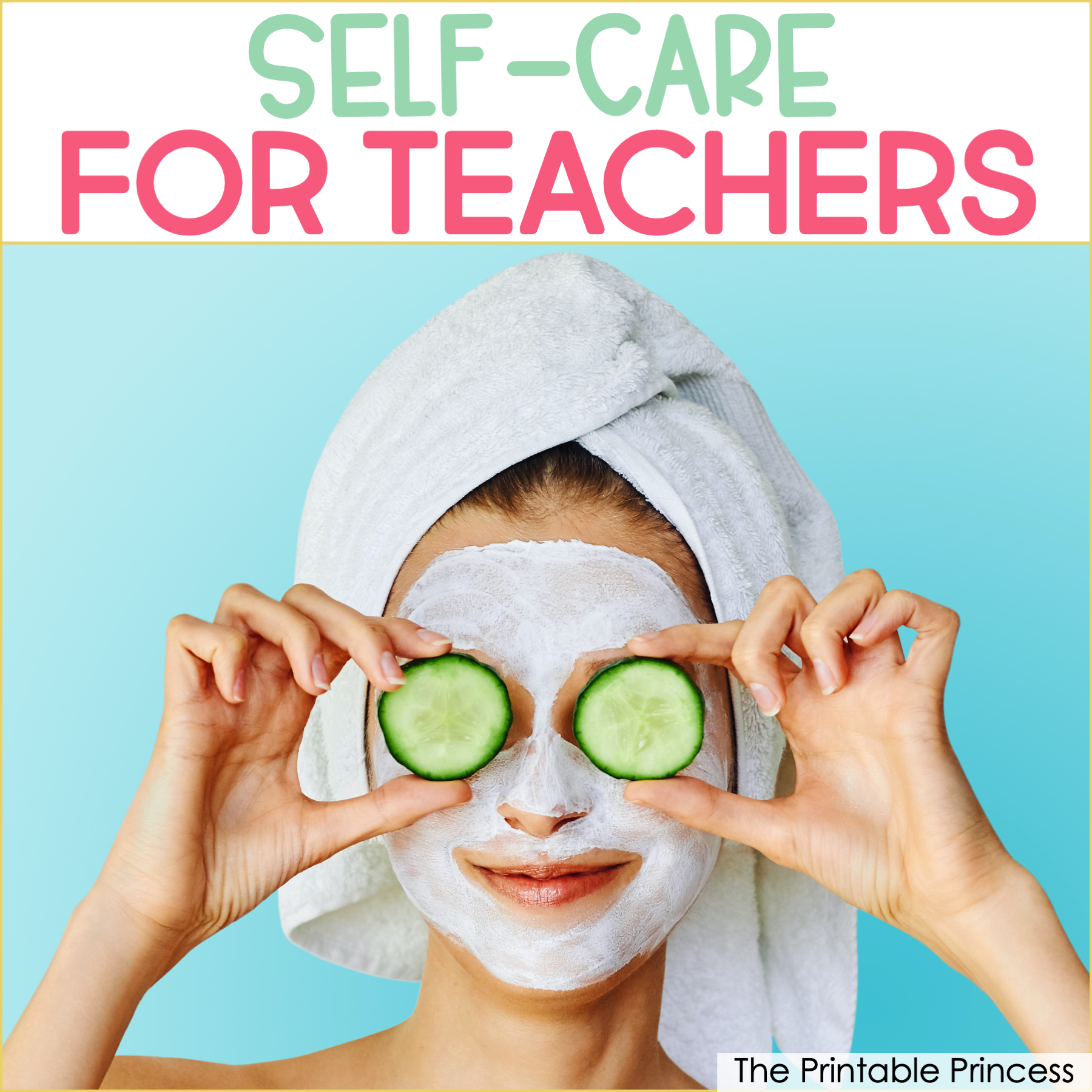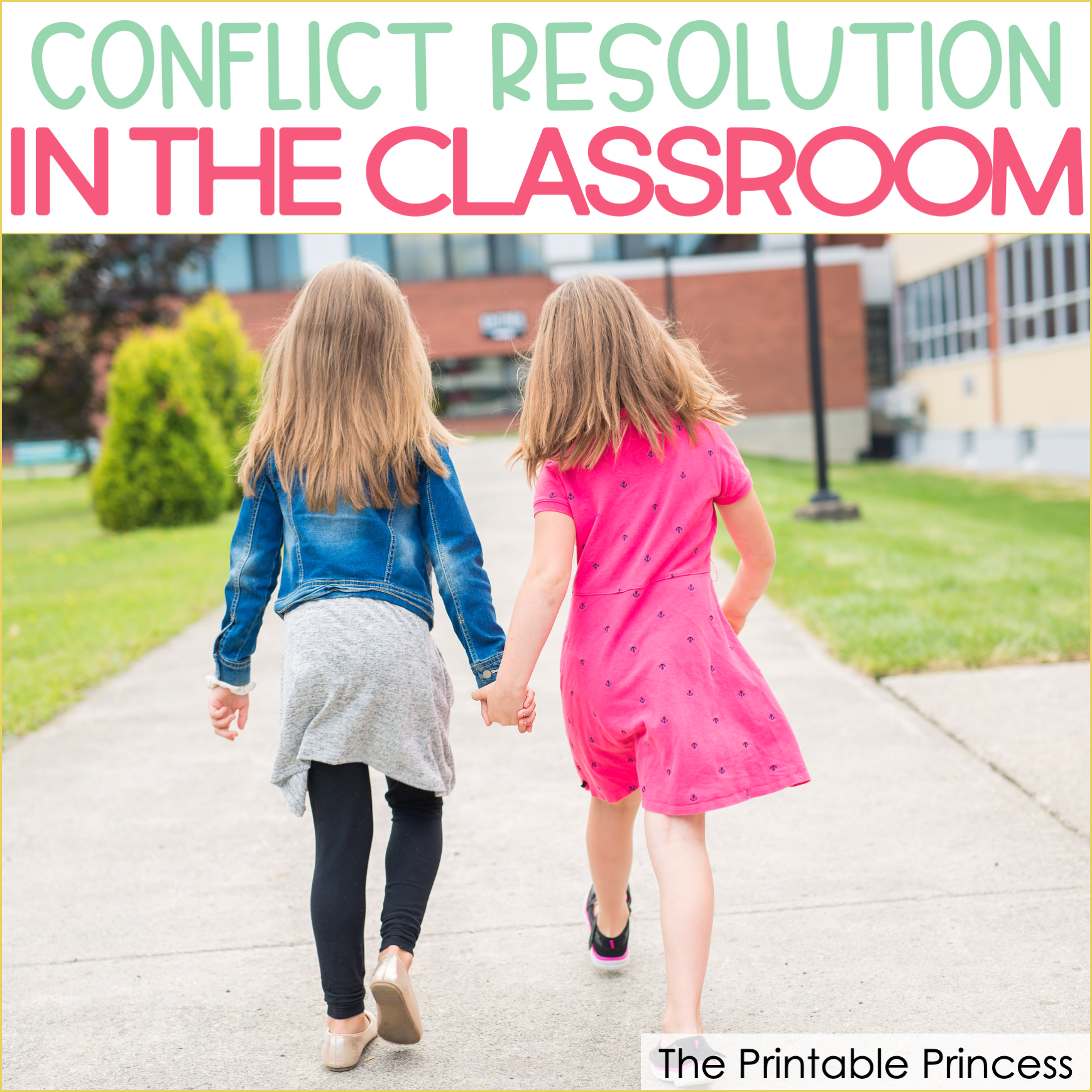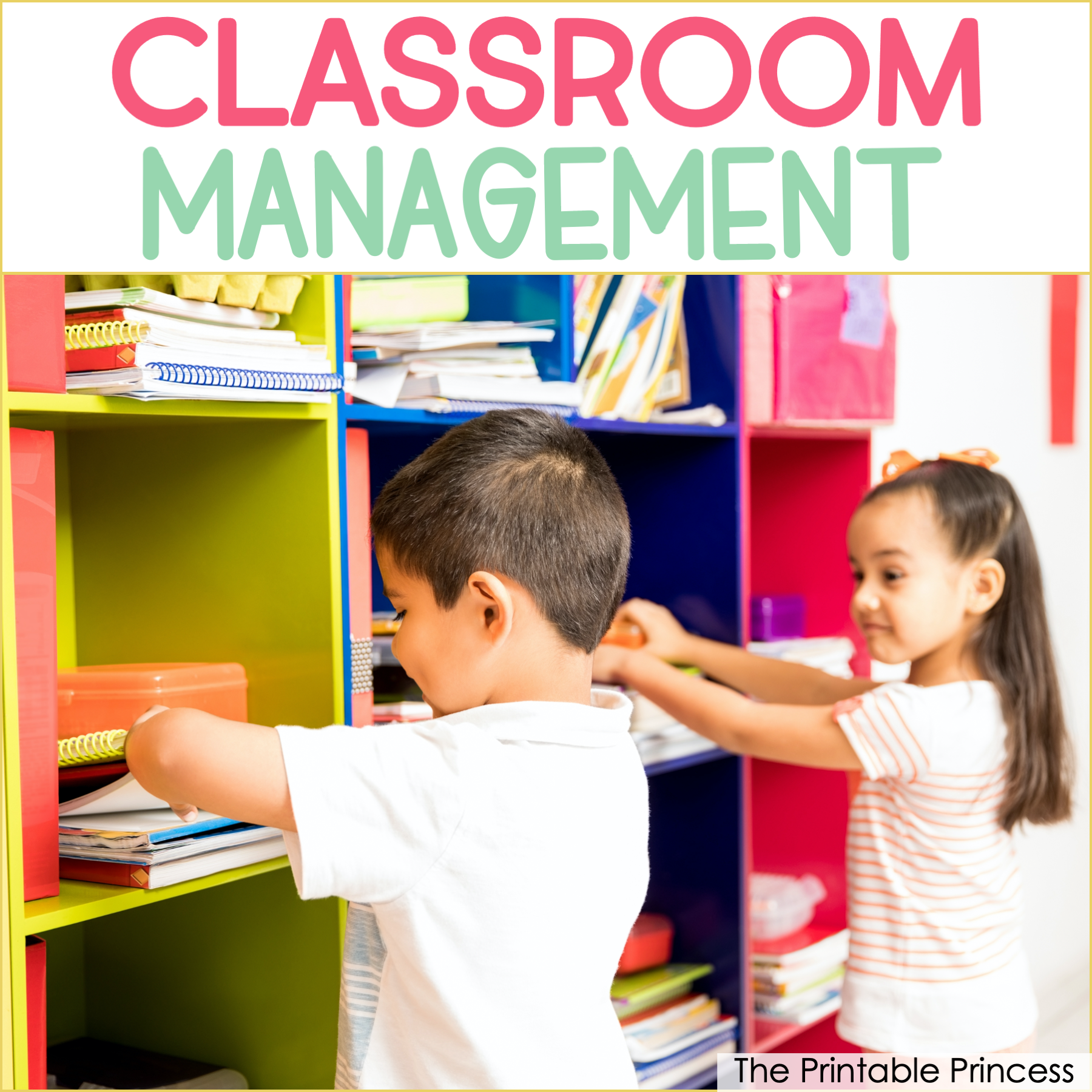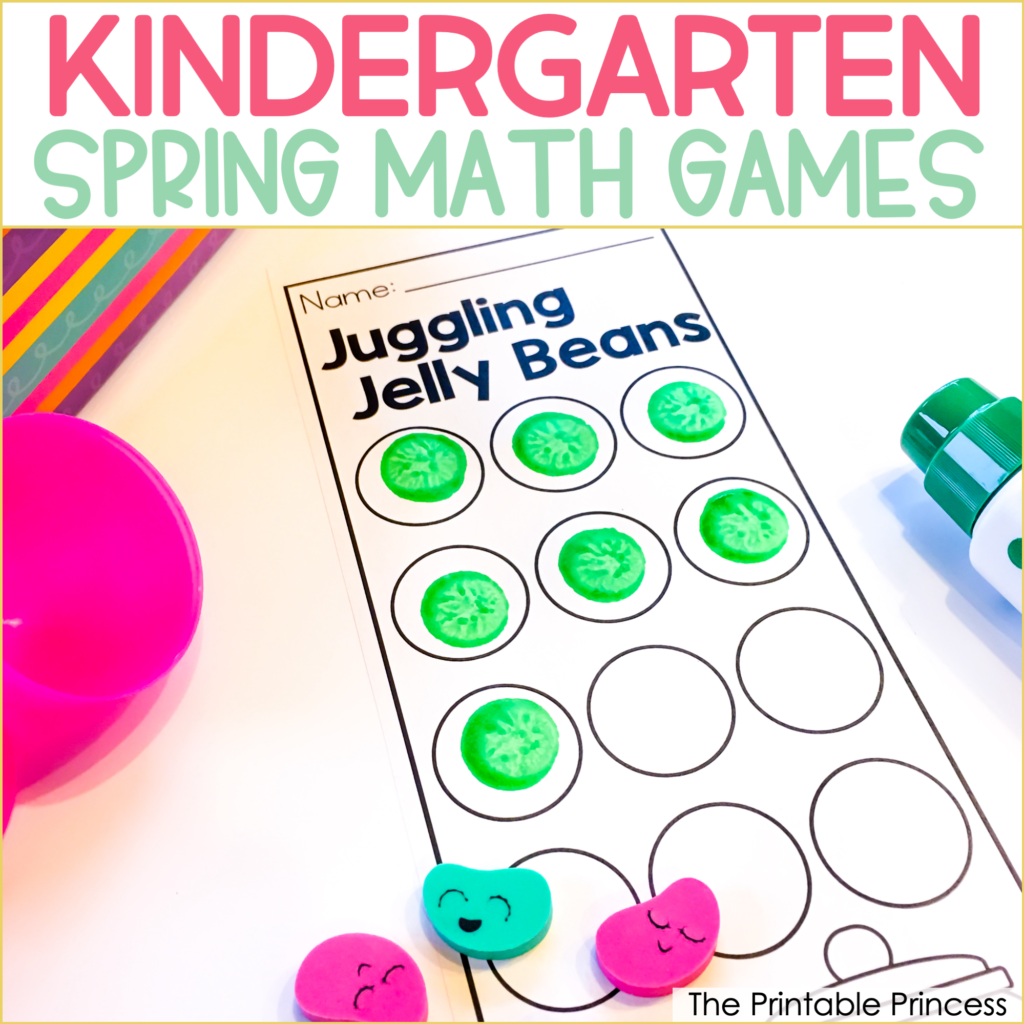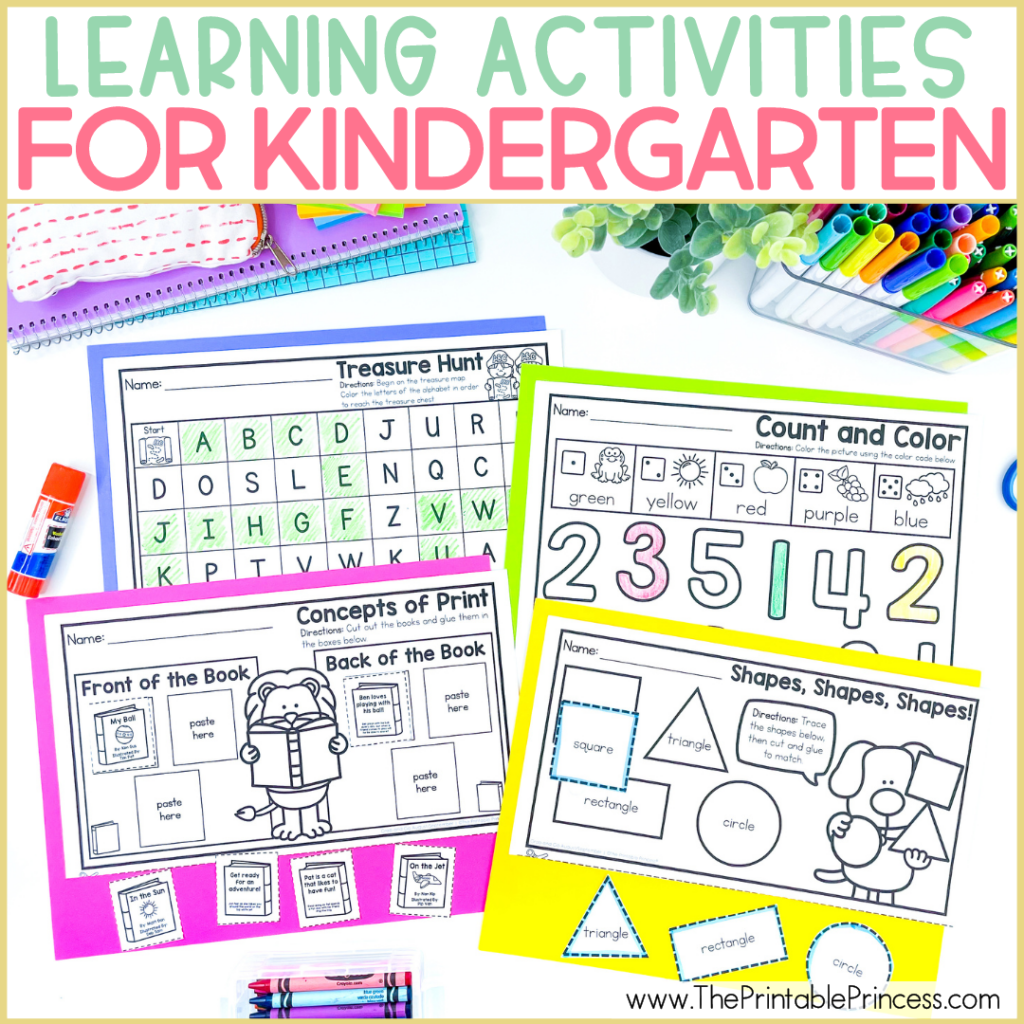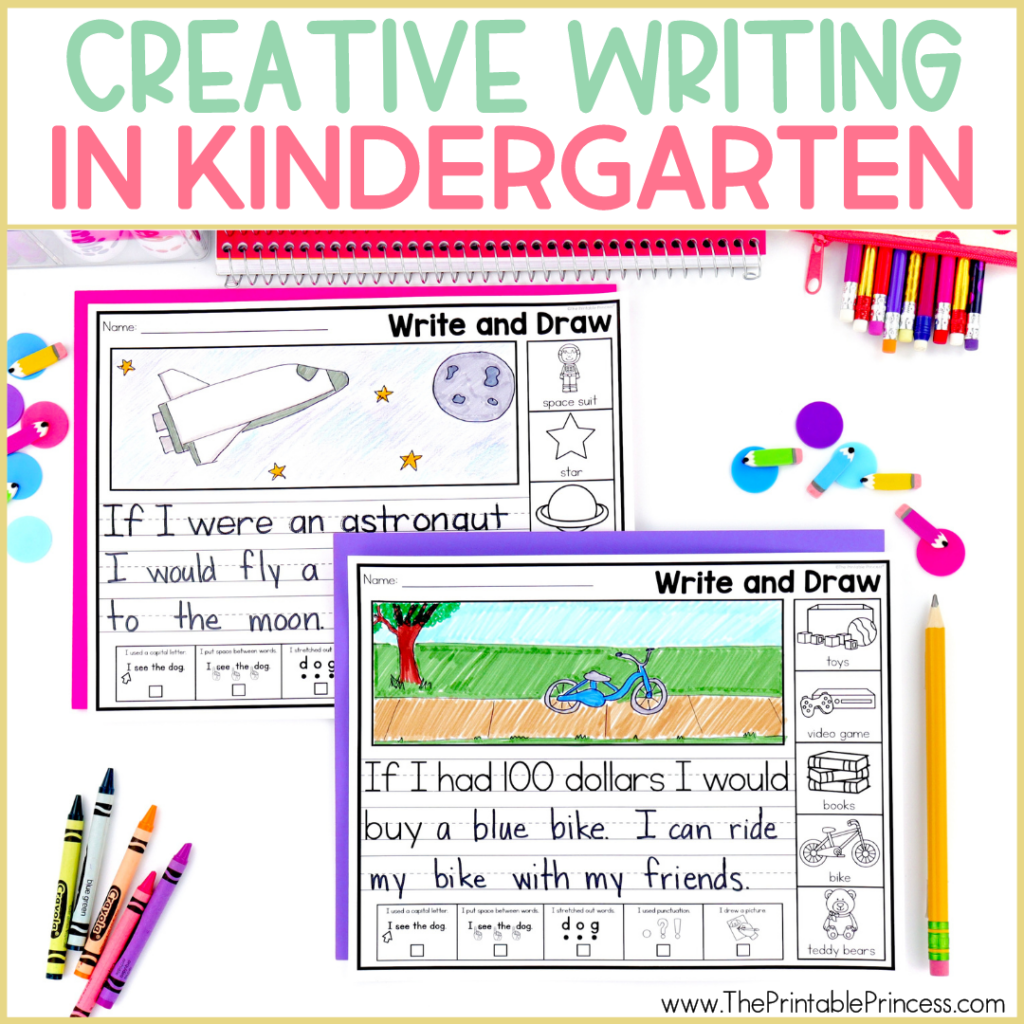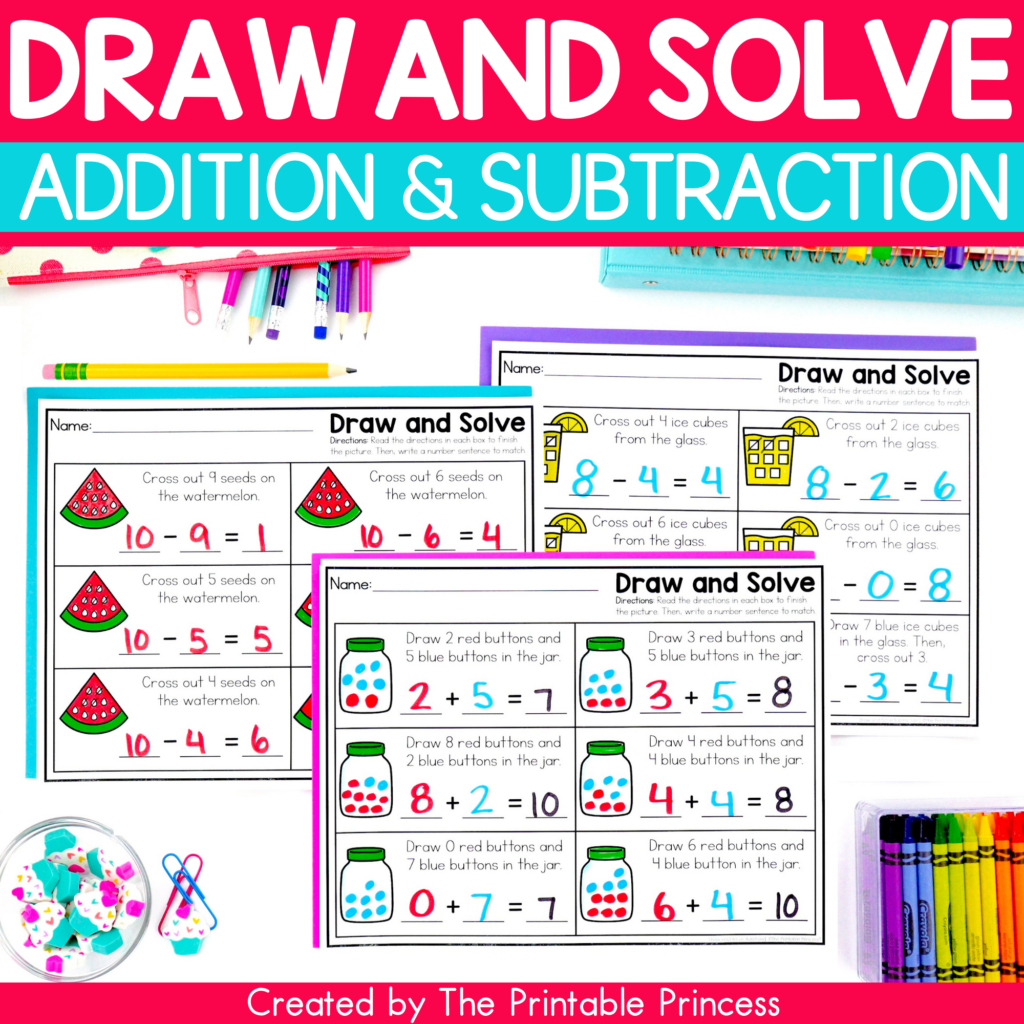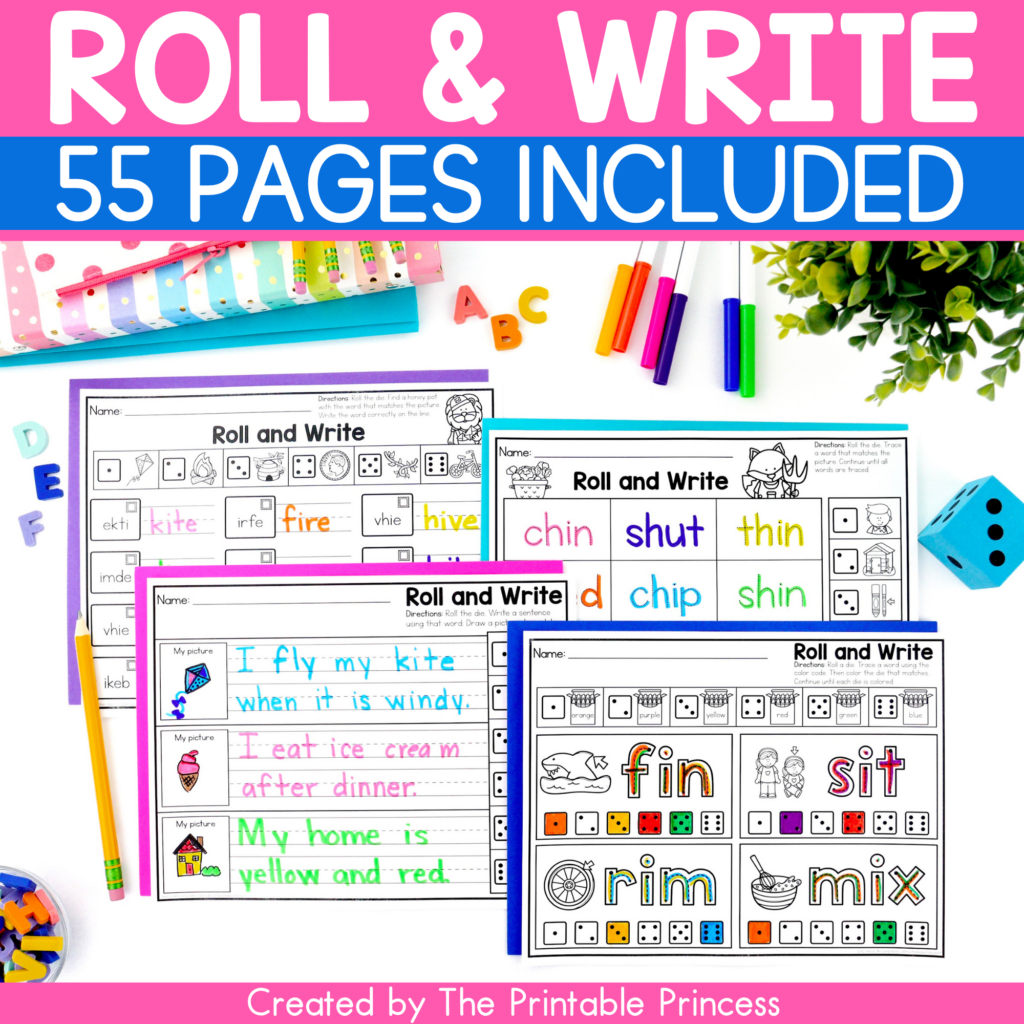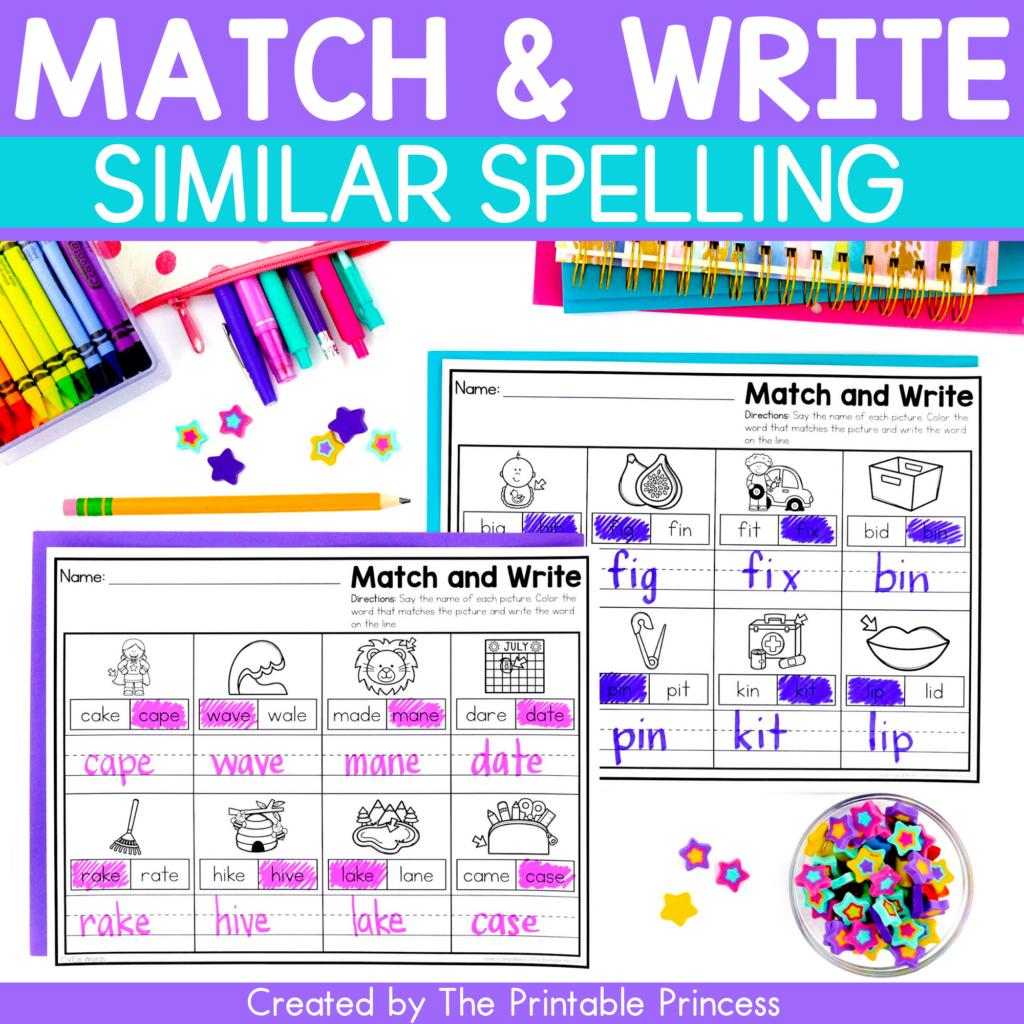Benefits of Using Mini Lessons in Kindergarten
When it comes to learning in the kindergarten classroom, every minute counts. After all, five and six year olds aren’t exactly known for their stellar attention spans, which is entirely developmentally appropriate! Being intentional about what and how basic concepts are taught is key, which is a benefit of mini lessons.
Mini lessons are the perfect tool to use in your kindergarten classroom. They help you stay focused on the skill at hand. There's no time to waste, so keep reading to learn the many benefits of mini lessons in kindergarten and tips for how to implement them in your teaching.
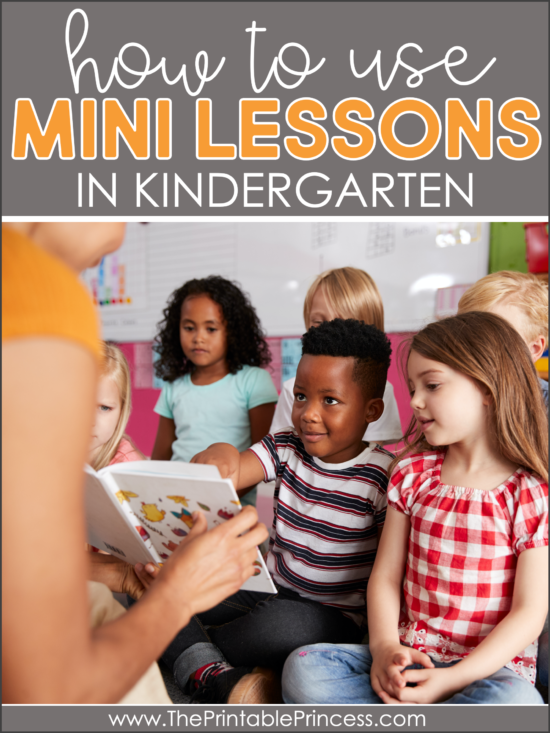
What is a Mini Lesson?
A mini lesson, aka, a focus lesson, is an intentionally quick lesson that focuses on one specific skill. Mini lessons are anywhere from 10-15 minutes, perfect for those little attention spans! These lessons are followed by time for students to practice the skill of focus.
Mini lessons don’t require long, drawn out explanations or complicated lesson plans with multiple components. Do I have your attention now?! 🙂
The main benefit of mini lessons are that they are short, to the point, and help your students focus solely on one particular skill without being distracted or confused by other skills.
Mini lessons are the perfect tool for teaching key skills related to reading, writing, and math. You can truly use mini lessons for any subject or topic, even skills related to social-emotional skills, direction following, and behavior.
What are the Benefits of Mini Lessons?
There are so many great benefits of mini lessons, both for your students and for you as the teacher. They create an engaging learning environment and help with classroom and behavior management as well.
The lessons are active and engaging.
Mini lessons allow students to focus on one skill at a time. Since the lesson targets one specific skill, students don’t have to juggle their focus or efforts trying to accomplish many things at one time.
Oftentimes, teaching too many concepts at once is overwhelming for little learners. It is best to help them master the foundational skills before moving on, which is a big benefit of using mini lessons.
They allow the teacher to give immediate feedback.
Since all students are working on a specific skill, the same skill, it's easy to float around the room and see which students are grasping the concept and which students need more help.
This also allows you to give feedback and praise during the mini lesson. For students who are grasping the concept, you can give them a challenge to extend the learning.
For those that need more help, you can work with them to reteach and fine-tune the skill during the post-lesson work time or during small groups. Your observations during mini lessons will help you determine your leveled groups and the needs of your students.
The skills are adaptable.
Another benefit of using mini lessons in kindergarten is that you can use mini lessons in a variety of ways. Mini lessons can be used to teach specific skills, extend learning, and reteach concepts.
You can also use them to spark interest in a new topic, generate questions and conversation around a topic, and introduce strategies for students to add to their toolbox. You can even use mini lessons as a form of assessment to guide your instruction.
They are perfect for differentiation.
Mini lessons help you differentiate to meet the various needs of your students, both academically and behaviorally. Some students need shorter lessons to help them manage behaviors and stay on task.
You can use mini lessons with your whole group, small groups, during centers, or individually to target specific skills that students need to work on.
Mini lessons don’t require a big investment of time.
As kindergarten teachers, time is precious! The fact that you can squeeze these quick lessons in as needed whenever time allows is a huge benefit of mini lessons.
For example, if you sense your students are losing interest and getting wiggly right in the middle of your literacy or math block, you can throw in a mini lesson to grab their attention and re-engage them.
Mini lessons are also great to use before or after activities or in between transitions when you have a few extra minutes of wait time and need a time filler activity. You know, those times where your students rock their math activity and end up finishing with 10 minutes to spare before recess?
Yes, it happens to us all and that is a perfect opportunity to do a quick mini lesson, even if it is a direction-following or social-emotional mini lesson. Those skills are essential too and work great with quick little lessons.
They provide an authentic way of learning.
The capability of hands-on learning is a huge benefit of mini lessons. Students can learn the value of a particular skill and connect it to the real-world in a very hands-on way. When they know and understand how this skills applies to their life, they can master it more quickly and with greater understanding.
Students are provided with instant gratification.
Instant gratification is something every kindergartener wants! This is harder to achieve with longer, more complicated lessons. However, with mini lessons, the skill they learn is immediately applicable. They see it, practice it, add it to their toolbox of strategies, and move on.
Since these lessons are shorter, the students are highly engaged, making it more likely that the concept and strategies taught will stick in their long-term memory. This is a big benefit of mini lessons.
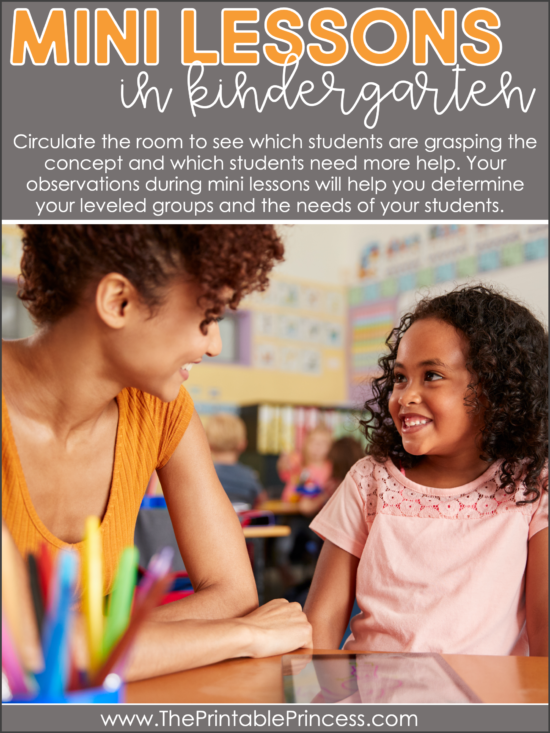
Tips for a Successful Mini Lesson
Now that you know all the many benefits of mini lessons, it's time to put them into action! Here are five tips to help you deliver an awesome mini lesson with the greatest learning outcome for your students.
Tip #1: Connect
Tap into students' prior knowledge by connecting the learning to something you’ve already been working on or something in the real world that they can relate to and are familiar with. This provides students with the “why” for what they are doing.
Language to use: “Remember when we…, You might see this….”
Tip #2: Teach
The teacher-lead portion of the mini lesson should be short and sweet. Focus on one (and only one) skill. The amount of time students are focused on you should be the shortest portion of the lesson. Teach the skill explicitly and directly.
Language to use: “Today we’re going to learn…, Good writers always….”
Tip #3: Model
Show the students how to perform the task you are explaining a couple of times by modeling it and talking them through it. List the steps if appropriate. Have a student or small group come up and give it a try in front of the other students.
Language to use: “Watch me as I…, See how I…, I’m thinking ___ as I ___.”
Tip #4: Practice
The bulk of the mini lesson should be time for hands-on practice, which is a key benefit of mini lessons. Float around the room as students work and give them immediate feedback and praise. Encourage them to practice multiple times to make sure the learning “sticks.” You can do a fun cheer as a class when each student has mastered the skill!
Language to use: “Now you try… Remember to…, I love the way you…”
Tip #5: Link
Wrap up the lesson by restating what the skill is and give examples of when they will need to use it. Present the learning as another helpful strategy they can add to the long list of strategies they are learning to choose from.
Language to use: “Every time we…, Next time you ___, remember…”
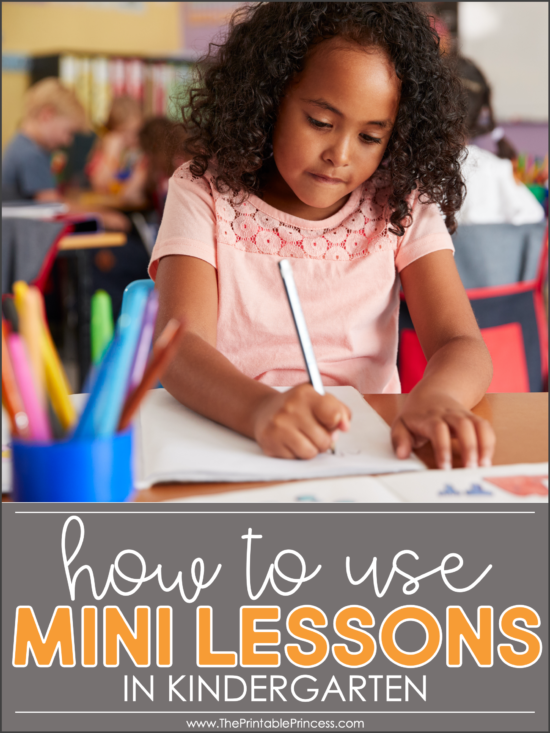
The benefits of mini lessons are endless and they are an amazing tool to optimize learning and fun in the kindergarten classroom. They are a simple, effective, and flexible teaching strategy. Most importantly, they help break the learning down into bite-sized pieces, which helps your young students master skills and build confidence as they learn.

